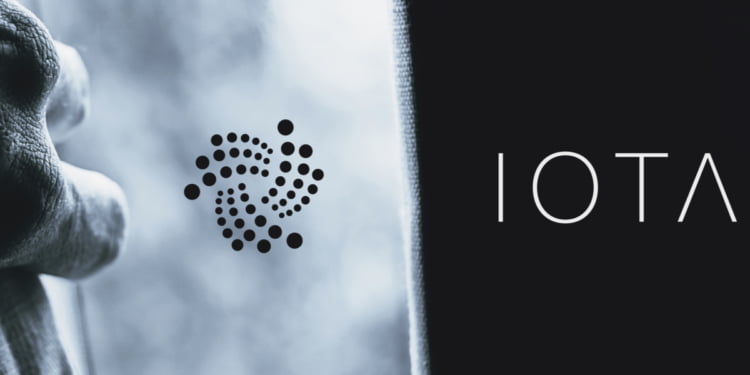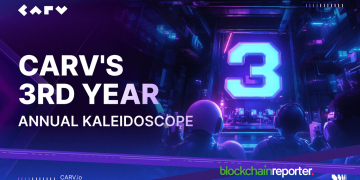The IOTA Foundation just released the final alpha version of IOTA Streams. It is a framework that allows users to control data collected from IoT and connected devices. As stated in the publication, IOTA Streams provides detailed capabilities for data access and direct data sharing to connected devices. It further gives data producers back control over the data they produce.
The first alpha version of IOTA Streams (previously known as Masked Authentication Messaging) came back online in early April.
Chrysalis Phase 2 Integration
In the fourth quarter of 2020, IOTA developers are looking to develop compatibility with Chrysalis Phase 2. The release will be by the end of this year or early next year. In September, software developer and product manager Jakub Cech announced that testing of the first version of Chrysalis buttons could begin in November.
In other words, IOTA Streams is still in the alpha stage because the team deems it “inappropriate” for the network to make innovative changes to its currently limited benefits.
As further explained in a blog post, IOTA Streams is also continuing the IOTA Foundation’s approach and adopting the “first integrated” approach, which will extend after Chrysalis. It is the only way to bring about the reality of the “Own Data” movement.
This approach is essential for the future of the IOTA Streams. To protect data from your device, organize it in an easy-to-use way, and share it securely. Enabling these features as built-in integrations create something significant, realizing the reality of the data movement itself.
With today’s edition, it indicates the draft specifications for the IOTA stream. Once the Chrysalis Phase 2 integration is operational, it will send specifications in response to OMG (RFP) requests for Linked Encrypted Transaction Flows (LETS). To encourage community development of community-based solutions, tutorials on creating messaging apps have also gotten published.
IOTA Streams
IOTA Streams will manage any data stream from a mobile device, IoT sensor, smart vehicle, or industrial IoT solution. For example, roads, roads, and other data can get exchanged directly from a car with the local Ministry of Transportation. It can promote his data sharing through reduced costs, free public transportation, and private utility companies’ discounts, as described by the Foundation.
In the blog post, they released earlier, the blockchain provides solid arguments for owning your data and making money with it. With job losses on the rise, basic incomes, and income inequality on the rise, the ability to pay for your data directly is an integral part of the solution.
It partnered with Jaguar Land Rover last year to print orders to manage car emissions and traffic jams. The new feature will also help reduce the number of car accidents.






















